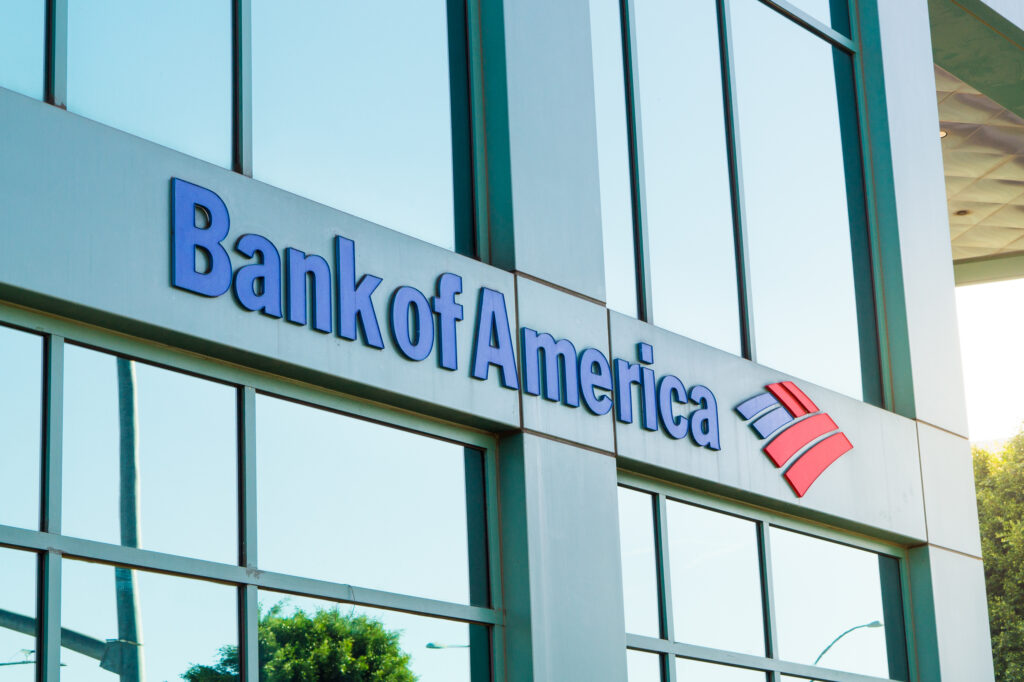The Intercept decides on story, makes up facts to support it in hit piece on Bank of America
September 8, 2022
Banks Are Bad – there’s a significant portion of the American media that accepts this as an obvious truth. This leads to articles that want to say this but then find themselves more than bogged down in the detail. Like, in this instance, those Big Bad Banks are doing exactly what the Federal Government has been telling them to do.
The Intercept tells us that:
“AFTER REFUSING LOAN FORGIVENESS, BANK OF AMERICA HITS PPP BORROWERS WITH INSCRUTABLE “FINANCE CHARGES”
“Bank of America says the charges are for accrued interest. Small business owners haven’t received any notice about how much they owe or the schedule for paying it back.”
That all just sounds terrible and well, don’t we just think that’s normal for the way that banks oppress the small businessman?
Except the reality is rather different. As The Intercept finds itself having to acknowledge later in the piece – after the impression created by that headline of course.
This is about those PPP loans during lockdown to stop businesses from going bust. We can think whatever we like about how the government spent money here, whether it was a good or bad idea. But there were rules associated with those loans. Some would be forgiven – if they met certain criteria. If they didn’t meet those tests then they would have to be paid back. If they had to be paid back then they would pay 1% interest. And when payments were made on the loan the interest gets paid first, only then is a dent made in the principal. Oh, and the interest is from the day the loan was issued, not after lockdown or some later date.
Those just are the rules.
After The Intercept runs through how badly BoA seems to be treating everyone BoA then explains those rules. At which point we get this line:
The SBA confirmed this.
The Small Business Administration – the part of the Feds that runs the scheme – agrees that BoA is entirely correct in what it’s doing. So there’s not really much to the article anymore but a headline that banks are being bad has been created and who, really, needs any more than that if they’re doing crusading journalism?
The Intercept is financed from a part of Pierre Omidyar’s e-Bay fortune – his money to put into a foundation as he wishes, of course. But it does seem to have ended up with a particularly anti-capitalist little clique. They rank just outside the top 500 American media outlets and gain some 3 million visits a month from that position.
It’s an old journalistic trick to write the headline and lead as if there’s some huge problem then walk it all back many paragraphs down into the story. This way an impression is given – the impression that the writer wants to give – even though that early part of the story is more than a little made up. But then I you’re a crusading journalist who wants to get out the message that Big Banks are Bad, that works, right?
